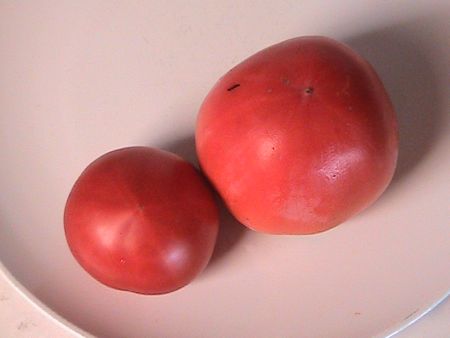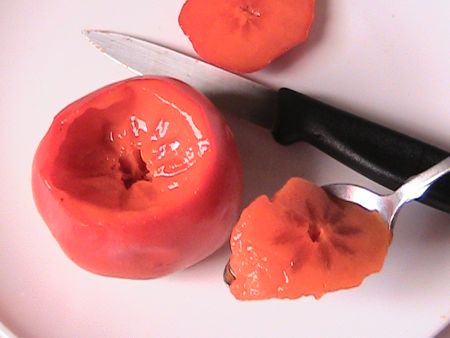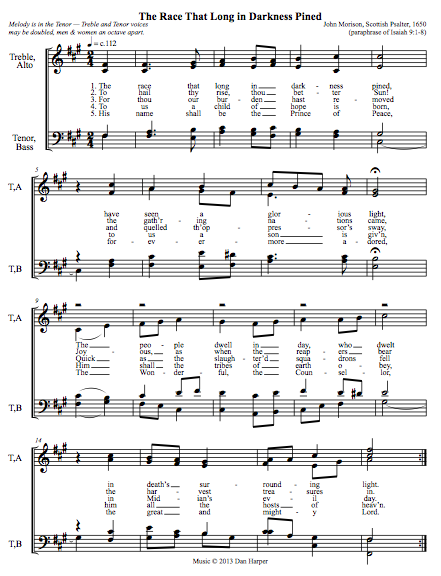The first time I visited California was in October, 1987. Everything about California was mind-blowing to a young guy like me who had, although I had been to Europe, had never been further west than Washington, D.C. It was my first experience of the Pacific Rim: the landscape of the Rim of Fire, the cultural encounter between east Asia and North America, the climate; even the sight of the sun setting in the Pacific Ocean was mind-blowing, for though I could have seen that sight from western Europe, watching the sun set into the endless Pacific was a very different experience than watching the sun set into the gray North Atlantic.
I stayed for a few days with my cousin Nancy in Oakland. She was the ideal host. She drove me up to Grizzly Peaks where I looked down with amazement on the city of Berkeley a thousand feet below me, and the bridges in San Francisco Bay beyond the city; I could not have imagined then that sixteen years later, that road would be part of my daily commute to work. She took me out to Cliff House to watch the sun set in the Pacific; she took me into Chinatown and Japantown; and she introduced me to locally-grown persimmons (Diospyros kaki).
Nancy had a few persimmons ripening in her kitchen. She found one that was ripe, cut it open, and showed me how you use a spoon to eat it. The combination of the jelly-like texture, the flavor, and the bright orange color were unlike any food I had ever eaten before. After I got back to Massachusetts, I found persimmons in the supermarket, but they never tasted as good as the ones I had eaten in California; they just weren’t worth buying.
Now here I am, living in California, and when I saw a sign in the local supermarket for “Locally Grown Persimmons” of course I bought some. I put them on the kitchen counter next to some late tomatoes that I had just picked in our garden. Nancy tells me that the Chinese word for tomato is xihongshi, meaning “western red persimmon,” and the two fruits do look remarkably alike from a certain angle (the tomato is the smaller one on the left):

The problem with eating persimmons is that if you eat them before they are fully ripe, the high level of tannins will make your mouth feel furry on the inside. You can also get so-called fuyu persimmons, funny stubby little things that contain less tannin in them so you can eat them when they’re not quite ripe. If you’re impatient, as Carol is, perhaps it’s best to eat fuyu persimmons. I’m impatient, and I rarely wait quite long enough before I eat a persimmon; but I’ve come to appreciate the light astringency of a not-entirely ripe persimmon, and to enjoy the faint furry feeling that lingers in your mouth after you’ve eaten one.
The three persimmons I bought have been sitting on the kitchen counter for two whole days now, tempting me. I kept feeling them gently: were they soft all the way down to the stem? Did they feel as though they would collapse in my hand if I picked them up? Finally I decided that one of them was ripe enough to eat. I cut off the end, and scooped out some of the fruit:

Oh, it was good! — I couldn’t believe that I had actually waited long enough for my first persimmon of the season to ripen fully! I ate the whole thing in about five seconds. And then, sure enough, I started to feel that faint furry sensation on the inside of my mouth. It was a very faint sensation, and not unpleasant, but it was enough to remind me that once again I had been too impatient.




